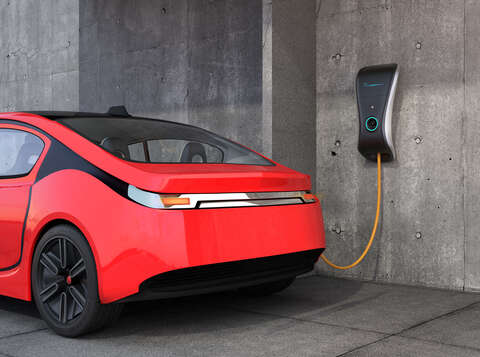Procrastinating this morning, I found myself on MotorTrend.com drooling over the new electric Hummer. For those who don’t know, the electric Hummer is a 9,000 pound EV made by General Motors that does 0-60 in less than 3 seconds and does a bunch of other cool (useless) stuff like crab walking. The obscene speed and size of the new Hummer got me wondering how efficient the thing really is.
I didn’t find any wholistic information on the new Hummer’s carbon footprint. However, I found an interesting article in QZ from 2022 that investigates the real energy savings between normal gasoline power cars and their EV counterparts. It turns out that EV’s do cut emissions, even if the grids that power them aren’t carbon neutral. However, not all EV’s are created equal. Some are much more efficient than others.
Many of the headline grabbing EV trucks and SUV’s are far less efficient than their compact counterparts. For example, the electric Hummer scores an efficiency rating of 47MPGe (Miles Per Gallon equivalent) while the Tesla Model Y boasts 125 MPGe.
Although the 2022 Hummer’s rating is still better than even a gas powered Toyota Corolla, it represents horrible efficiency in the ascendent world of electric vehicles.
While this may seem self evident, the conversation, both in casual settings and among policy makers, rarely seems to take these differences into account. Moving forward, incentives for EV’s should probably reflect differing efficiency ratings. Likewise, on the culture side of things, it would be useful if consumers would stop seeing electric trucks like the Hummer as guilt free toys, with no ecological downside.














